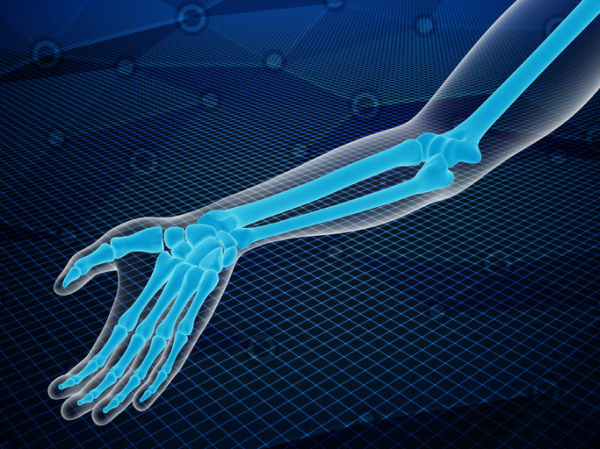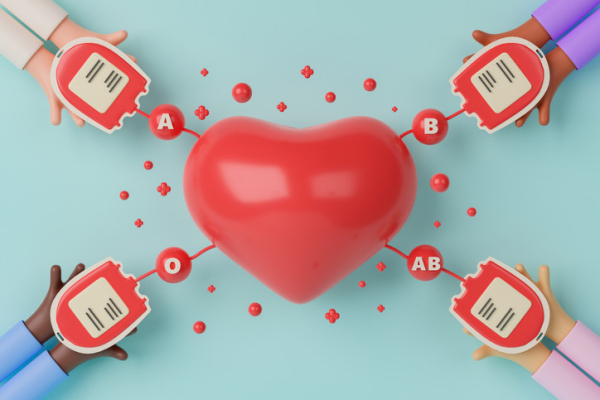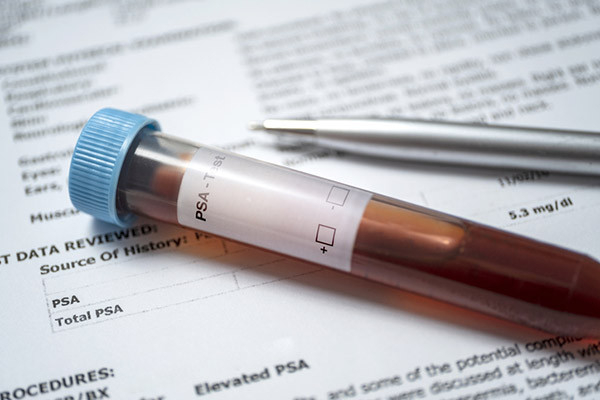Category: POWER
-

Dementia: Coping with common, sometimes distressing behaviors
Dementia poses many challenges, both for people struggling with it and for those close to them. It can be hard to witness and cope with common behaviors that arise from illnesses like Alzheimer’s disease, vascular dementia, or frontotemporal dementia. Caring for a person who has dementia may be frustrating, confusing, or upsetting at times. Understanding […]
-

Is alcohol and weight loss surgery a risky combination?
For people with obesity, weight-loss surgery can reverse or greatly improve many serious health issues, such as diabetes, high blood pressure, and pain. But these procedures also change how the body metabolizes alcohol, leaving people more likely to develop an alcohol use disorder. A new study finds that one type of surgery, gastric bypass, may […]
-

Give praise to the elbow: A bending, twisting marvel
I recently saw a car vanity plate that read “LBODOC” (as in elbow doc). The driver — probably an orthopedic doctor or arthritis specialist — was clearly a fan of the elbow, an unassuming joint and a surprisingly central player in many daily tasks. I could relate: throughout my medical career, the elbow has been […]
-

Preventing ovarian cancer: Should women consider removing fallopian tubes?
Should a woman consider having her fallopian tubes removed to lower her risk for developing ovarian cancer? Recent recommendations from the Ovarian Cancer Research Alliance (OCRA), endorsed by the Society for Gynecologic Oncology, encourage this strategy, if women are finished having children and would be undergoing gynecologic surgery anyway for other reasons. Why is this […]
-

The FDA relaxes restrictions on blood donation
While the FDA rules for blood donation were revised twice in the last decade, one group — men who have sex with men (MSM) — continued to be turned away from donating. Now new, evidence-based FDA rules will focus on individual risk rather than groupwide restrictions. Medical experts consider the new rules safe based on […]
-

How does waiting on prostate cancer treatment affect survival?
Prostate cancer progresses slowly, but for how long is it possible to put off treatment? Most newly diagnosed men have low-risk or favorable types of intermediate-risk prostate cancer that doctors can watch and treat only if the disease is found to be at higher risk of progression. This approach, called active surveillance, allows men to […]
-

Sneezy and dopey? Seasonal allergies and your brain
Ah, ’tis the season for warm-weather allergies caused by trees, grass, and ragweed pollen. You know the signs: sneezing, watery eyes, stuffiness, scratchy throat, wheezing, and coughing. But what about so-called brain fog? That may be true for you, too. Why do allergies make your brain feel so foggy? “Allergy symptoms can disrupt sleep and […]
-

Does less TV time lower your risk for dementia?
Be honest: just how much television are you watching? One study has estimated that half of American adults spend two to three hours each day watching television, with some watching as much as eight hours per day. Is time spent on TV a good thing or a bad thing? Let's look at some of the […]
-

Apps to accelerometers: Can technology improve mental health in older adults?
It can be devastating to watch older adults struggle with memory problems, low mood, anxiety, or a lack of motivation, particularly during times of physical distancing. With waiting lists for mental health appointments stretching for months, you may be wondering about alternatives. Reaching out to family members or faith leaders may be helpful in talking […]
-

Pouring from an empty cup? Three ways to refill emotionally
It’s hard to care about anything when you feel exhausted, burned out, or ragged around the edges. Your once-fiery enthusiasm may seem more like charred rubble due to overwhelming family responsibilities, a job that drains you, or financial struggles. Or maybe an illness, the uncertainty and disruptions of the age we live in, or a […]